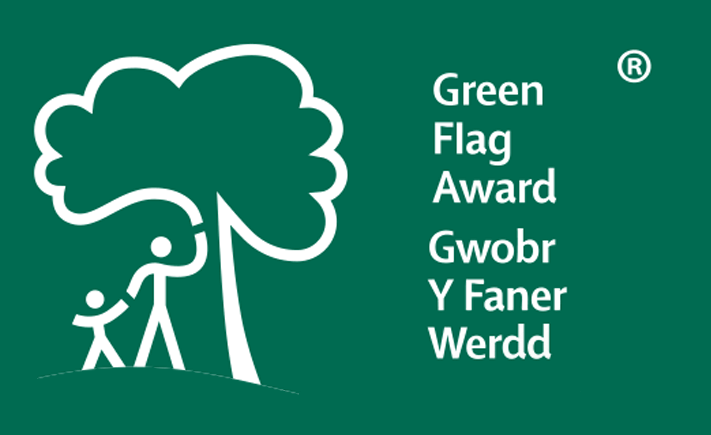Water
First published 22nd Jul, 2021The provision of safe drinking water as part of an event should be considered by the event organisers at the earliest opportunity.
We would encourage you to reduce plastic consumption at your event and consider alternatives to distributing individual bottles of water.
Some sites have a mains water supply available, refer to each event site for information. Refer to the specific site plans for the location of underground services.
Small events
The provision of drinking water is important at all events.
Failure to provide a safe source of drinking water in the appropriate volumes for an event can have significant consequences.
Large events
Generally all water should be provided from a mains supply, but if this is not possible then bowsers or bottled drinking water is acceptable. The mains supply can also be used for ballast tanks, toilets and shower facilities etc.
The Event Organiser commits to repaying the cost of his water use, beyond that covered by the Council’s “fair use” policy unless otherwise agreed in writing at time of booking confirmation.
At the time of publication, the first 30 cubic meters (30,000 litres) of water is inclusive within the site hire fee. Water use above that volume will be chargeable at £1.61 per cubic meter (m3) plus a standard admin charge of £25. Meter readings will need to be taken before and after the event and approved by the site supervisor.
Mains Water supply
The Event Organiser may request connection to the Park’s water supply and mains drainage systems. All standpipe points, pumping machinery, open manhole covers and drainage systems shall be securely protected so as to deny access to all except competent and qualified employees or Agents.
The event organiser must make alternative/contingency plans in the event of a loss of the water supply, which could involve bowsers or bottled water. Failure to provide a safe source of drinking water in the appropriate volumes for an event can have significant consequences.
Guidance for event organisers for the safe management and provision of temporary water can be found using BS 8551:2015 Provision and management of temporary water supplies and distribution networks (not including provisions for statutory emergencies) Code of Practice.
All water dispensing equipment should be clean, well maintained and suitable. Where a connection to mains water is to be undertaken, this connection, the pipes and water fittings must comply with the Water Supply (Water Fittings) Regulations 1999 and the Water Supply (Water Quality) Regulations 2010. These Regulations are enforced by Dwr Cymru Welsh Water and will require an inspection by a DCWW Inspector before the event commences.
The event organiser must disinfect and flush all pipe work and water fittings prior to sampling and testing temporary the water supply for bacteriological safety, especially those provided for outdoor events.
Any event organiser wishing to utilise the existing water supplies in either Cooper’s Field or Sophia Gardens will be responsible for arranging testing of these supplies. Testing must be carried out a minimum of 2 working days before the event to allow for the return of test results and corrective actions, if necessary.
Event organisers are encouraged to contact Pollution Control and DCWW for advice with a temporary water supply as soon as possible in the planning of an event.
Your event documentation should:
- include a list all intended use(s) of water
- indicate the connection type (Mains, Private, Bowser or Tanker Supply)
- illustrate the water supply distribution network and indicate location of points of use (e.g. toilet, wash hand basins and showering facilities, drinking water points, food preparation).
Provide a risk assessment of the water supply arrangements:
- list and assess the potential risks at the site that may cause contamination of the water supply or an insufficient water supply
- outline the measures to be taken to control or prevent these risks
- list the checks and monitoring procedures to be undertaken to ensure these control measures are in place e.g. sampling and on-going inspections
- define actions to be taken should these control measures fail
Provide a method statement to describe:
- dealing with contamination incidents
- failure of water supply
- details of receiving & distributing other water supplies
Provide Certificates of Disinfection of all temporary pipes and fittings is advised to minimise contamination of the water supply.
Water samples should be taken to verify that all temporary pipes and fittings have been disinfected and the point of use water quality doesn’t present a risk to public health. Should the microbiological results be unacceptable, Pollution Control can advise on potential corrective action(s).
Waste Water
See Waste Water
All event guidance







